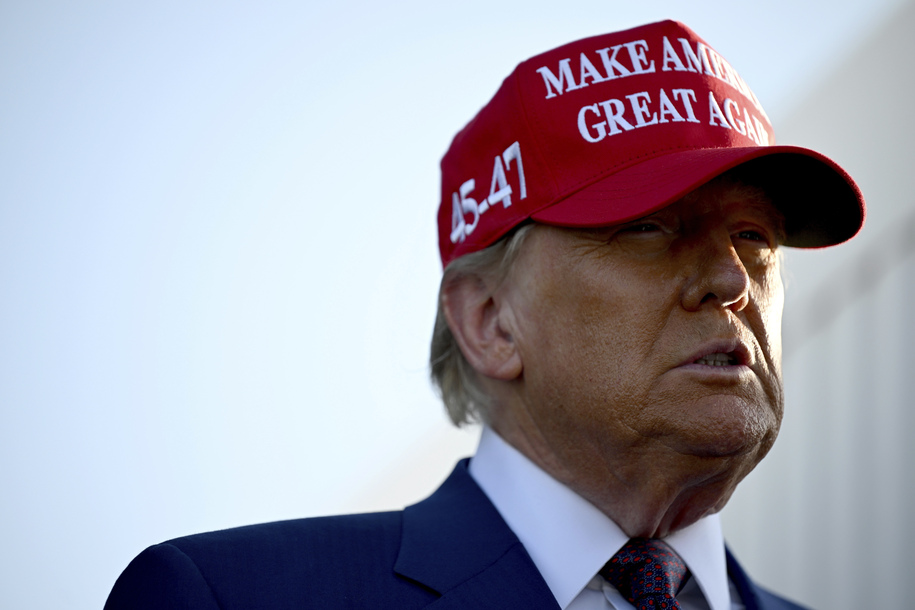President Donald Trump is pushing for significant reductions to NASA’s budget, proposing a cut of 25% and the loss of an additional 5,000 jobs. This move, reported on Wednesday, has raised concerns about the future of the United States’ space program and its ability to retain leadership in space exploration, particularly in light of increasing competition from China.
Trump’s ambitions for space exploration date back to his inauguration address when he vowed to “plant the Stars and Stripes on the planet Mars.” Since then, he has reiterated his desire for NASA to return to the lunar surface, a goal that now appears threatened by his administration’s budget decisions. The situation has reached a critical point, with over 2,100 senior NASA officials expected to depart, many from the human space flight division, following pressures from the administration.
The proposed budget cuts have drawn sharp criticism from experts and former NASA administrators. They warn that these reductions could irreparably damage the nation’s space program. A coalition of former NASA leaders has publicly stated that the cuts could hinder America’s capabilities in space science and exploration.
In Florida, NASA’s funding supports over 35,500 direct and indirect jobs and generates more than $8 billion in economic activity. Economists project that Trump’s proposed budget could significantly diminish these figures, impacting local economies where NASA plays a pivotal role. Despite winning Florida by a margin of 13 percentage points in the last presidential election, these budget cuts may alienate constituents who rely on NASA for employment and economic stability.
Critics within the Republican Party have also expressed concerns. Newt Gingrich, a prominent party member, described the administration’s decision to cut NASA funding as “mindless,” arguing that such actions would lead to the end of America’s leadership in space. He emphasized the need for reforms that would not compromise scientific research, suggesting that there are alternatives to deep cuts.
Despite the internal dissent, many Republican lawmakers have remained silent regarding Trump’s approach, even as they previously advocated for a robust NASA. In April, Texas Senator Ted Cruz underscored the urgency of a moon mission during Trump’s term, warning that China could surpass the U.S. in establishing a moon base. However, inquiries regarding his confidence in NASA’s capability to achieve this goal have gone unanswered by his office.
As of 2023, NASA supports nearly 42,000 jobs in Texas, contributing over $9 billion to the state’s economy, particularly due to the presence of the Johnson Space Center in Houston. The potential fallout from the proposed cuts raises serious questions about the future of NASA and its workforce.
Additionally, the agency has been functioning without a confirmed administrator since Trump’s inauguration. The president initially nominated billionaire Jared Isaacman to head NASA but withdrew the nomination shortly before a Senate vote, following a fallout with Elon Musk. Currently, Trump has appointed Sean Duffy, the Transportation Secretary, as the new acting head, despite his lack of relevant experience in aerospace or scientific management.
In summary, Trump’s proposed budget cuts to NASA are causing significant turmoil within the agency, potentially jeopardizing the U.S. position in space exploration and leading to a substantial loss of talent and resources. As the situation unfolds, the long-term implications for America’s space program and its global standing remain uncertain.
